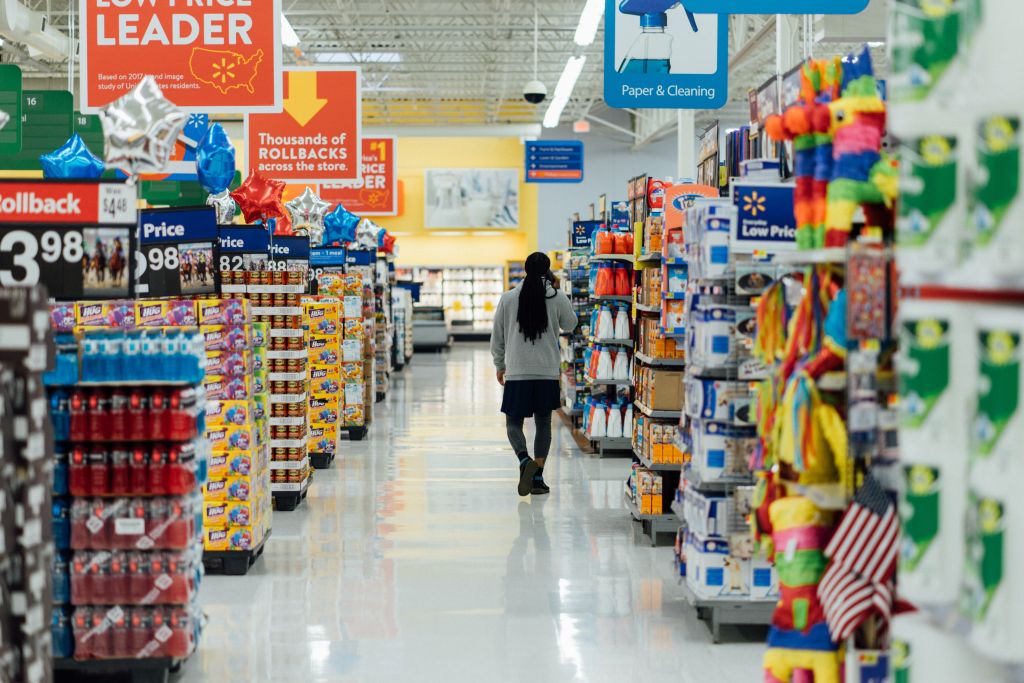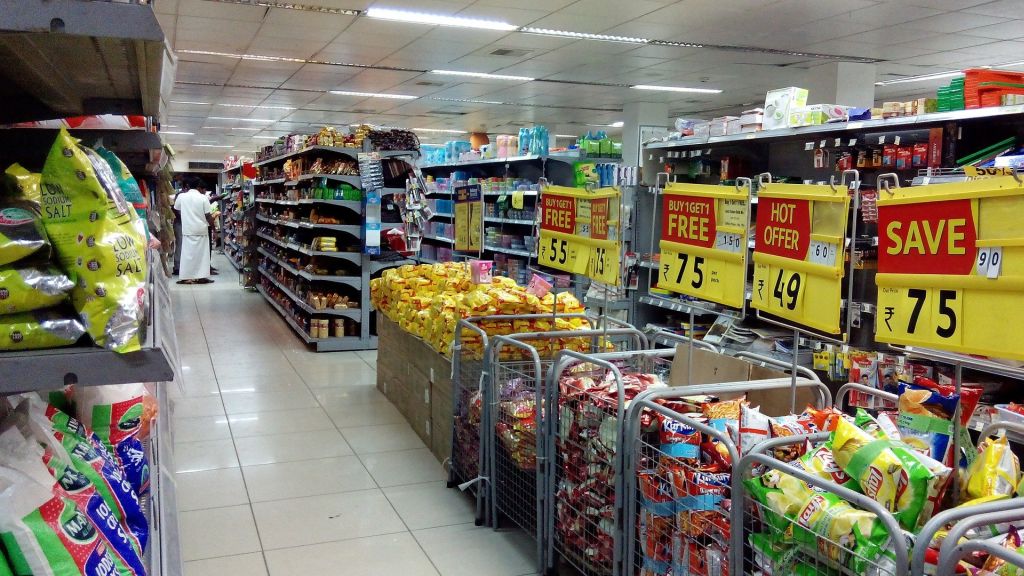Overview
Poor diet is a significant public health issue in the UK, particularly in people from disadvantaged backgrounds, with most failing to meet the daily recommendations for fruits and vegetables. Women are primarily responsible for purchasing food for their families, and almost 90% of these purchases occur in supermarkets. Unhealthy foods tend to be displayed in prominent store locations such as end-of-aisle displays, which makes them very easily accessible and a popular choice for women who are shopping for their families on a budget.

Objective
The aim of this study (a collaboration between the University of Southampton, Southampton City Council and the University of Bristol) is to investigate how the ways in which different products are displayed in supermarkets affect the purchases of women from disadvantaged backgrounds and how this information could be used to help women make healthier choices. We will also assess whether educational attainment influences women’s visual attention and intended purchases. The results of this study will provide evidence to support public health nutrition strategies intending to improve the layout of products within supermarkets to make healthier foods more easily accessible in supermarket settings.

Methods
Around 58 women will be recruited to the study through Sure Start Children’s Centres in Southampton using online recruitment methods. We will conduct the experiment using an online survey platform in which women will be shown images of a virtual supermarket and asked to click on products that catch their attention, as well as those products that they would buy on a usual shopping trip. The study will be advertised on the Sure Start Southampton Facebook pages, and women will be able to sign up using a variety of methods such as Facebook, email, and telephone.

- Sarah Jenner, study co-ordinator and research manager
- Professor Janis Baird, study principal investigator
- Dr Christina Vogel, co-principal investigator
- Dr Sarah Crozier, study statistician
